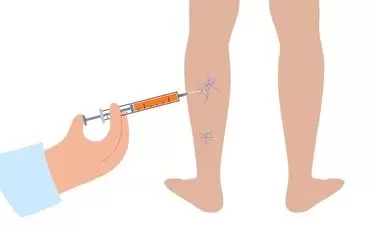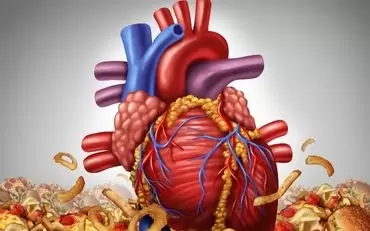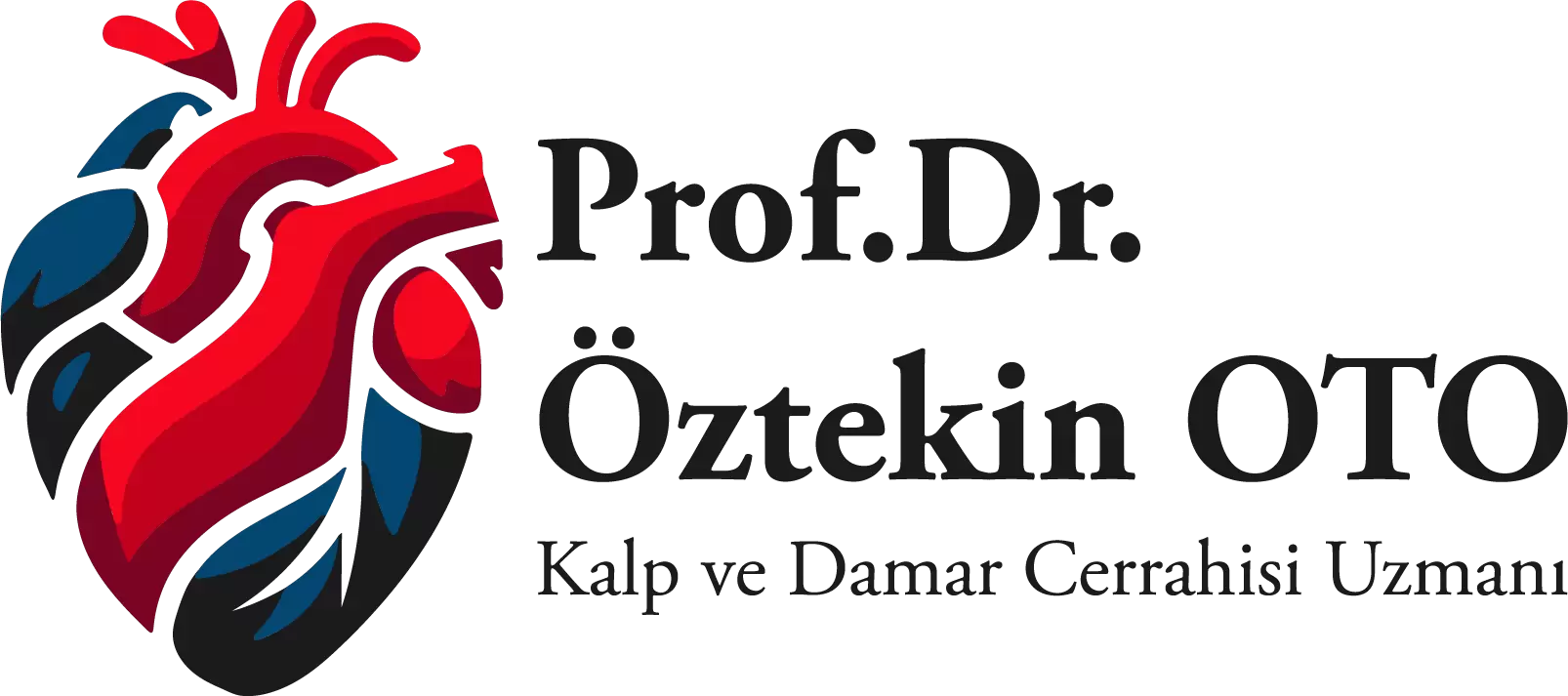16 Oca
Healthy Nutrition
HEALTHY NUTRITION GUIDE
INTRODUCTION:
Understanding the place of the concept of nutrition in our lives and realizing how we eat is the first stage of healthy nutrition. In order to examine the effect of nutrition on our health and quality of life, we should first review some definitions related to our subject:
WHAT IS FOOD?
They are plant and animal tissues that can be eaten and meet the needs of our body when eaten. The nutrients in foods and the energy they provide are necessary for the continuity of our body's functions.
WHAT IS A NUTRIENT?
There are nearly 50 nutrients in the nutrients our body needs. These are grouped into 6 groups: proteins, fats, carbohydrates, vitamins, minerals and water, according to their chemical structure and functions in our body:
WHAT IS SUFFICIENT AND BALANCED NUTRITION?
“The condition of taking sufficient amounts of each of the energy and nutrients required for the growth, renewal and functioning of the body and using them appropriately in the body is called adequate and balanced nutrition.”
REMEMBER!!!
Adequate and balanced nutrition is essential for the continuity of health and protection from diseases.
When nutrients are not taken as much as the body needs, INSUFFICIENT and UNBALANCED NUTRITION occurs because not enough energy is taken.
Eating more than necessary causes excessive intake of nutrients. Excess of some nutrients accumulates in our body as fat tissue. This situation can lead to excess weight and various health problems. This situation is defined as UNBALANCED NUTRITION.
The health of individuals who make the wrong food choices or apply the wrong cooking method despite not eating more than necessary is negatively affected and this situation is defined as UNBALANCED NUTRITION.
10 GOLDEN RULES FOR SUFFICIENT AND BALANCED NUTRITION:
1. PROVIDE NUTRITIONAL DIVERSITY (Consume from each food group).
Diversity in food selection is the key to tasting many flavors that you like. This is also the basis of good nutrition and health. Each food contains the elements that our body needs. Foods are grouped according to the similarities of the elements they contain;
A. Milk group;
It is a good source of calcium and protein. It has a high saturated fat content. Therefore, if there is no problem in consumption, it is preferred to use reduced fat. In addition, cheese, which is one of the dairy products, has a high salt content. Patients with blood pressure problems should take this into consideration.
B. Bread and cereal group;
They mainly contain vitamins, minerals, carbohydrates and some protein. The important thing in this group is to use whole grain foods. Grains such as rice and white flour lose their nutritional value during the processes they undergo. Therefore, instead of white bread, choose whole grain bread, instead of rice, bulgur. When buying ready-to-eat foods in this group (cake, muffin, cookies, etc.), make sure they are low in fat and salt.
C. Meat, eggs, legumes and oilseeds;
They are foods with high protein and B group vitamin content. Legumes are rich in fiber, which both regulates intestinal activities and protects against some diseases. Since they are animal products, meat and eggs have a high saturated fat content.
D. Vegetable group;
A significant part of their composition is water and fiber and they contain very little energy, carbohydrates and fat. In addition, they are rich in vitamins and minerals. Let's provide nutritional diversity by consuming from these four food groups at every meal and let our body get sufficient amounts of each nutrient.
2. EAT FREQUENTLY (At least 3 main and 3 snacks).
In this way, you will not overeat after a long period of hunger and you will provide continuous energy to your body that works 24 hours a day. However, one point that should not be confused is that you should not eat the same way at every meal, while eating normally at main meals, you should spend snacks with lighter foods. In this way, you will not disrupt your metabolism and ensure that it works regularly.
3. DO NOT SKIP MEALS
One of the biggest mistakes made in daily life is skipping meals. Especially breakfast is forgotten when you rush to get to work or school in the morning. However, waking up half an hour earlier in the morning and starting the day with breakfast both prepares your body for the new day and saves you from eating 3 portions instead of 2 at lunch.
4. CHOOSE YOUR COOKING METHOD CORRECTLY (Stay away from frying and roasting).
Frying and roasting methods damage the beneficial nutrients in foods and the elements formed by the incorrect use of cooking techniques can pose serious health risks. Depending on the food you will cook, you can choose one of the methods such as boiling, baking or grilling. Remember that the healthiest method is to stay away from roasting and frying and cook in its own juice or boil.
5. AVOID EXCESSIVE OIL, SUGAR AND SALT CONSUMPTION.
There is sugar in many foods we consume. It is possible to categorize the sugar in foods into two groups: Visible, that is, sugar added later (like granulated sugar in a cake), and invisible, that is, sugars naturally found in fruits and milk.
The same applies to fats. The fat naturally found in milk and meat is called invisible fat, and the oils we add to meals, such as corn, sunflower, etc., are called visible fats. We should avoid consuming visible fats and sugars in our diets as much as possible. We should also avoid excessive salt consumption and the amount of salt added to daily foods should not exceed 6g.
6. DO NOT NEGLECT YOUR PHYSICAL ACTIVITY.
Apart from your daily rushes, spending half an hour a day walking or doing any other physical activity is the best way for both your body and to leave the stress of the day behind.
7. DRINK AT LEAST 2.5 LITERS OF WATER A DAY.
We are on the move all day long and considering that two-thirds of our body is water, if we do not replace the water we lose, we may face general weakness. Therefore, let's not forget to drink water
8. DO NOT CIGARETTE.
Stay away from cigarettes. However, if you smoke; changing your eating habits and quitting smoking at the same time may cause you trouble and you may end up giving up both. Do not rush and remember that changing habits takes time.
9. STAY AWAY FROM ALCOHOL
Alcoholic beverages provide energy but do not provide essential nutrients. In any case, if you want to consume them, you should not exceed two units for men and one unit for women. (two glasses for men, one glass of wine for women, etc.)
ARE YOU READY FOR THE NEXT STEP?
Related Articles

Foam Therapy for Varices
Varix is a disease of the veins, which is quite common all around the world. Varix developing as a r..
Read More
Endovascular Treatment of Aortic Diseases
There has been a remarkable increase in the incidence of cardiovascular diseases recently. One reaso..
Read More
What If Varix Remains Untreated?
Varix may go subtle for a long time without causing any pain or other complaints. This is why many p..
Read More




